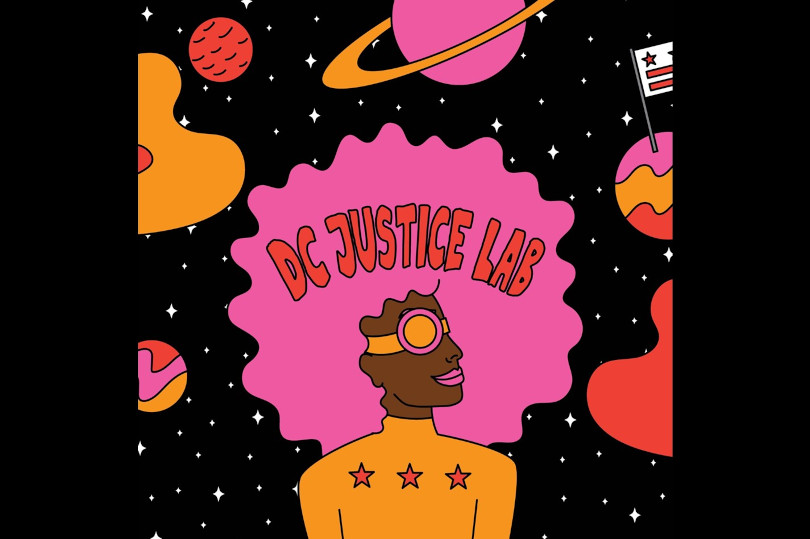Issues like solitary confinement and record expungement have long plagued the African-American community. The roots of these issues run deeper than just affecting the individuals taking on these burdens. The roots trickle down to their mothers, fathers, children, and in some cases their entire family. Luckily, a local organization–DC Justice Lab–works to research, organize, and advocate for changes to the criminal legal system in the District. The DC Voice sat down with Emily Cassometus, Director of Government and External Affairs at DC Justice Lab, to get a deeper understanding of how they work to protect and advocate for returning citizens and the incarcerated.
The Struggle to Navigate Criminal Record Sealing & Expungement
Transitioning back into society after such strife can already be difficult enough so the hardship of record expungement requirements can be difficult to navigate and understand. This is where the DC Justice Lab has stepped in…in two ways.
First, Cassometus shared that the Lab has just relaunched safeandfree.com in which individuals can learn more about the Safe and Free Black-led agenda for community safety in D.C.. The agenda, which was sent to the D.C. Council back in 2021, consists of blueprints for transforming policing, prosecution, and punishment. This agenda would, on a wider scale, help to protect and rehabilitate the incarcerated and returning citizens, along with other transformative community efforts.
For more information, you can further review their agenda here.
Second, Cassometus shared that DC Justice Lab developed the RESTORE Act with council member Christina Henderson to address the issue of returning citizens’ struggle to seal or expunge a criminal record. This would help to dramatically simplify the excruciating and confusing process, “obviating the need to hire an attorney in an ordinary case.”
Ultimately, this would be a transformative piece of legislation; it would help to aid the one in seven citizens with publicly available criminal records in the District, to find employment and housing prospects. Creating easier pathways for returning citizens can help them not only rehabilitate from their past mistakes, but also help them from returning to prison.
Unjust Practices of Solitary Confinement in the District
Prolonged solitary confinement, compared by many to the equivalent of torture, leads many to experience mental health issues. After being released, these mental health issues are not only something that returning citizens have to deal with, but they turn into issues surrounding loved ones have to deal with by association.
In response to this, Cassometus shared that the Lab just had the “Erase Solitary Confinement Act of 2023 introduced by councilmember Brianne K. Nadeau.” Further sharing, “D.C. uses solitary confinement at a much higher rate than even the rest of the country. It’s torture and it creates more violence.” The act will help to protect the incarcerated from the excessive use of solitary confinement in the District, protecting them from adverse mental health challenges.
To educate the community about the importance of the issue of the Department of Correction’s abuses of solitary confinement, DC Justice Lab recently hosted a sit-down, roundtable discussion alongside the D.C. members of Unlock the Box. Posted on the Lab’s YouTube account, the roundtable participants divulged personal stories about their experiences behind bars, dealing with solitary confinement, and dealing with others who have loved ones that suffered abuse within the penal system.
Continuing to Evolve the District’s Criminal Justice System
The issues and responses covered in this article are just a few of the many examples of the hard work that DC Justice Lab is doing for the District of Columbia community. The organization fights to instill widespread plans and actions in the District to gradually help change the criminal legal system and its effects on the D.C. community.
To continue to keep up with DC Justice Lab or to volunteer, Cassometus encourages everyone to keep up with their social media pages and website.
Article featured image courtesy of DC Justice Lab.


